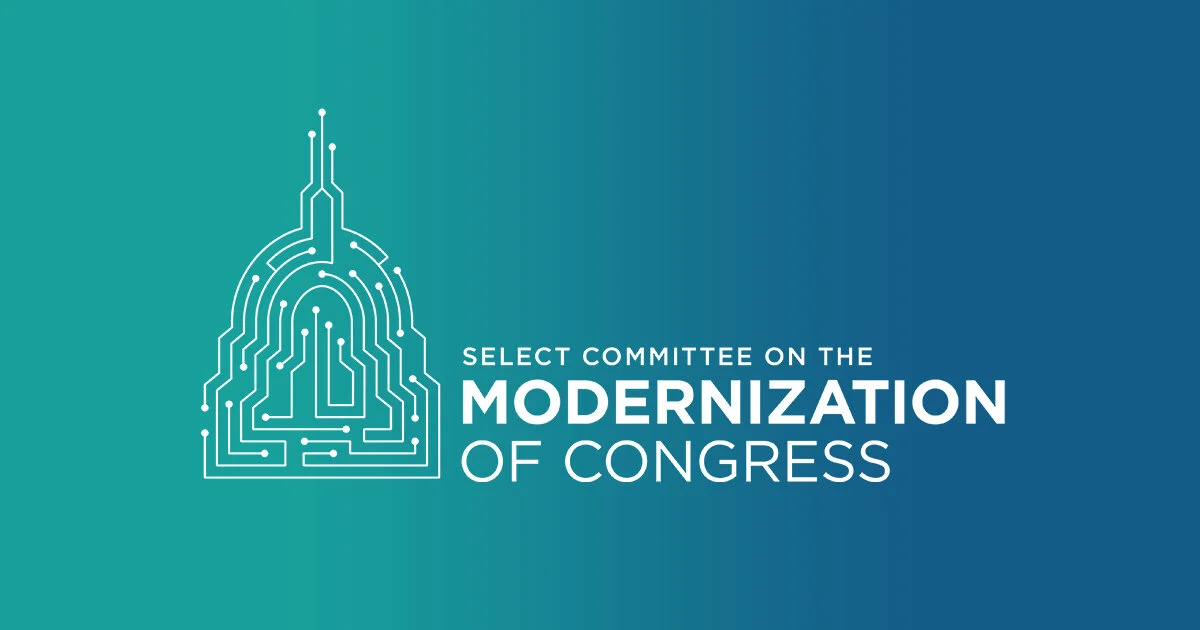The Knight Foundation generously granted TechCongress with a $2.5 million investment:
TechCongress, a nonpartisan initiative that places early and mid-career technologists as advisers to members of Congress, will expand tech expertise on Capitol Hill thanks to a $2.5 million investment from the John S. and James L. Knight Foundation.
HOW IT WORKS
Through its Congressional Innovation Fellowship, TechCongress pairs early and mid-career technologists with members of Congress. The fellows include data scientists, computer scientists and computer engineers, who serve as advisors on technology policy and congressional modernization efforts. The program places an equal number of fellows in Republican and Democratic offices, and has also placed fellows who identify as Independents.
Knight Foundation’s latest investment in TechCongress will allow the organization to:
Upskill the tech capacity of Congress by bringing 60 technologists to Capitol Hill by 2026, expanding the Congressional Innovation Fellowship cohorts from 16 to 24 fellows annually, and converting one-third of the fellows into full-time Congressional staff
Increase representation of underrepresented groups in tech
Boost recruitment efforts to ensure political diversity on an issue critical to the future of U.S. democracy
WHY IT MATTERS
When TechCongress launched In 2015, only seven out of the 3,500 legislative staff in Capitol Hill had any formal technology training. Pew Research from 2021, however, found that 95% of American adults were online.
“Understanding the mechanics of current, new and emerging tech is critical for governing in the 21st century,” said Lilian Coral, Knight’s director for national strategy and technology innovation. “By increasing technical expertise in Congress, TechCongress fellows help our elected officials better assess how technology impacts Americans’ lives. ”
IMPACT
Since 2016, TechCongress has sent 65 fellows to Congress. They’ve worked with members such as Speaker of the House Nancy Pelosi (D-CA), Senator Tim Scott (R-SC), Senator Kirsten Gillibrand (D-NY) and Representative Darrell Issa (R-CA.) The fellows have also served in Congressional Committees, including the House Foreign Affairs Committee, the Senate Committee on Commerce, Science and Transportation, and the Senate Banking Committee.
The impact of TechCongress was evident during the pandemic lock down in 2020. Fellows supported the House Modernization Committee to facilitate the work-from-home transition for Congress. A pilot Congressional Digital Service effort was put in place quickly and made permanent by the House in January 2022. The House Digital Service aims to adopt digital technology and platforms to improve the ability of members of Congress to deliver for constituents.
Other examples of TechCongress’s impact include:
Changing defense procurement rules to allow startups to better compete for contracts
Helping draft the House Judiciary Committee’s Antitrust Subcommittee report on tech monopolies
Advising the House Modernization Committee’s recommendations to make Congress more responsive and effective
Helping pass the OPEN Government Data Act into law
Raising the level of tech policy discussion in Congress, including around artificial intelligence, cybersecurity and tech procurement
WHAT’S NEXT FOR TECHCONGRESS?
“Our fellows are forward-thinkers that not only bring critical knowledge to urgent tech policy challenges, but also bring new and creative methods to problem solving by centering users at the heart of the policymaking process,” said Travis Moore, founder and executive director of TechCongress. “Fellows are ensuring that lawmakers are at the forefront of cybersecurity and privacy challenges, while also supporting Congress to leverage new and emerging tech to make government officials more responsive to the needs of their constituents.’






